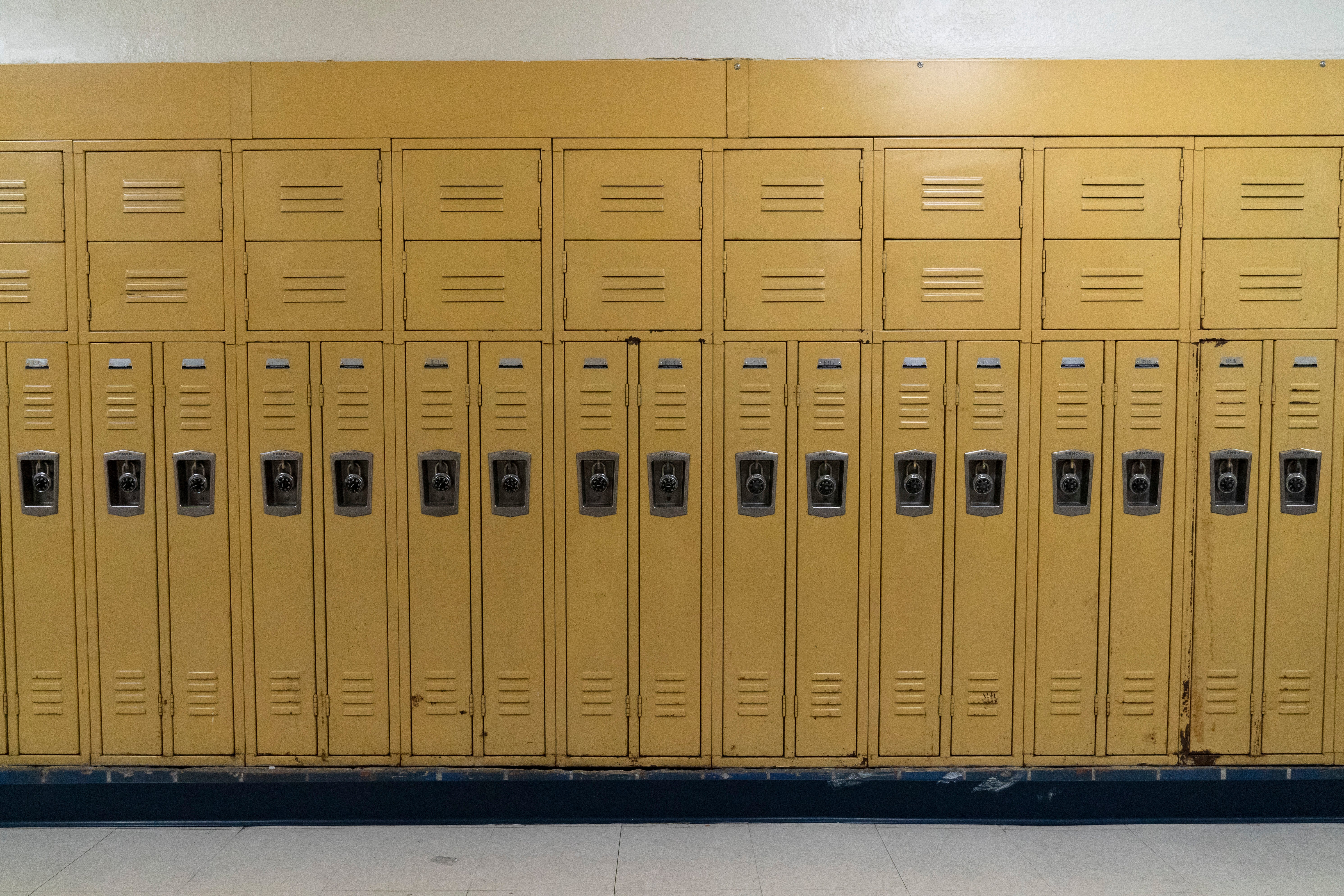LOCALIZE IT: States push raises to address teacher shortages

EDITORS/NEWS DIRECTORS:
As many schools struggle to find enough teachers, state governors across the U.S. are pushing for pay increases, bonuses and other perks in a growing competition to attract and retain educators.
The question of teacher compensation will receive heightened attention during Teacher Appreciation Week beginning May 8, a time when school systems and parent-teacher organizations coordinate expressions of gratitude for educators.
The strains of teaching through the COVID-19 pandemic have taken a toll on many teachers, with unions reporting low morale and many thinking of leaving the profession. Governors have pitched raises as a way to address teacher shortages and shore up staffing pipelines threatened by lackluster enrollments in teacher training programs.
Shortages are most extreme in certain areas, including the poorest or most rural districts, researchers say. Districts also report particular difficulties in hiring for in-demand subjects like special education, math and science.
It’s not clear how far pay raises will go toward relieving the shortages, though. Some teachers say the pay raises are too little, too late to fix problems that are years in the making.
___
FIND AP’S STORY HERE:
Teacher appreciation? Try better pay, more governors say
___
ADD LOCAL CONTEXT
In the past year, more than half of the states’ governors — 26 so far — have boosted teacher compensation or are talking about it. They are listed below, based on information from the Education Commission of the States and a forthcoming report called “Raising the Bar on Teacher Pay” by the Center on Great Teachers and Leaders at the American Institutes for Research and the Teacher Salary Project.
States include:
Alabama
Arkansas
Colorado
Delaware
Florida
Georgia
Hawaii
Idaho
Indiana
Iowa
Kentucky
Louisiana
Maryland
Mississippi
Missouri
Montana
New Mexico
Oklahoma
Pennsylvania
Tennessee
Utah
Virginia
Washington
West Virginia
___
VIEW YOUR STATE'S TEACHER SALARIES
— The national average public school teacher salary in 2021-22 increased 2% from the previous year to $66,745, according to the National Education Association, the nation’s largest teachers union. The NEA analysis, based on data the union collected from school systems, lists its figures for average and starting teacher salaries for the 50 states here: https://www.nea.org/resource-library/educator-pay-and-student-spending-how-does-your-state-rank/starting-teacher
— To see what governors have said in their state of the state speeches about teacher pay, you can look under “Teaching Quality — Compensation and Diversified Pay” in this rundown by the Education Commission on the States: https://www.ecs.org/governors-state-of-the-state-addresses-education-related-proposals
— Here is a breakdown from the National Council on Teacher Quality on how states determine teacher pay: https://www.nctq.org/publications/State-of-the-States-2022:-Teacher-Compensation-Strategies
___
TAKE YOUR REPORTING FURTHER
— If your state is considering or recently passed pay raises, ask teachers how that has affected their job satisfaction. If they have been thinking of leaving the classroom, how much do finances play into those decisions?
— When interviewing state education officials, ask whether they collect information on teacher attrition and, if so, whether that information is catalogued by district. If they do, do they collect information on how long those teachers have been certified or teaching in that district? Do they catalogue the departures by reason for leaving? And do they catalogue the departures by whether a departing teacher is retiring, switching to another district or switching to another profession?
— Ask district officials the same questions about how many teachers are leaving, where they are going and why they are leaving. Are more teachers leaving in the middle of the school year? Are more teachers leaving earlier in their careers? Also, you can ask district officials what they are doing to keep teachers. Are they raising pay? Offering bonuses? Making schedules more flexible?
___
Localize It is an occasional feature produced by The Associated Press for its customers’ use. Questions can be directed to Katie Oyan at koyan@ap.org.
Bookmark popover
Removed from bookmarks